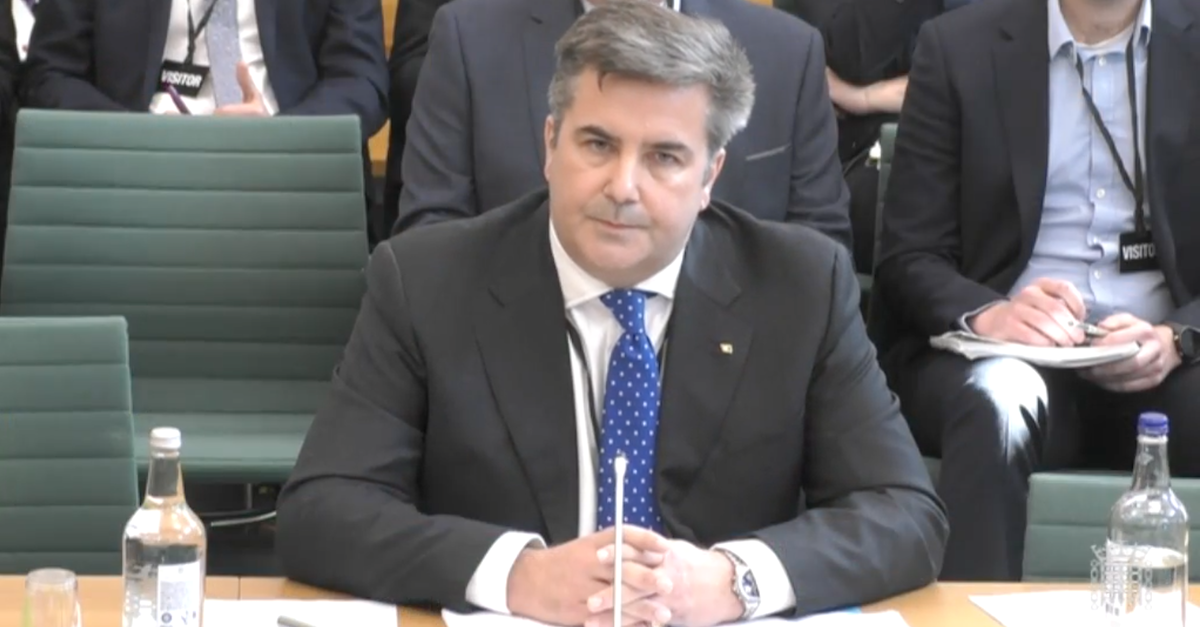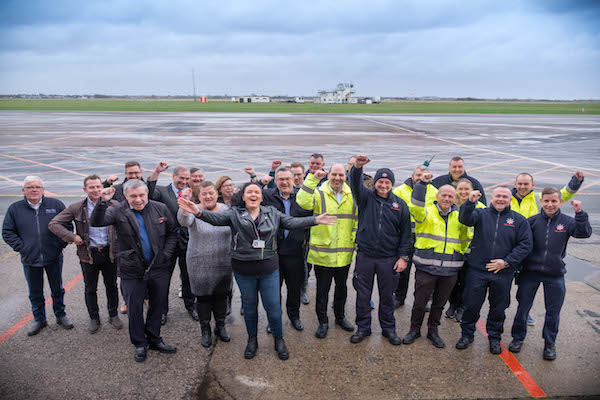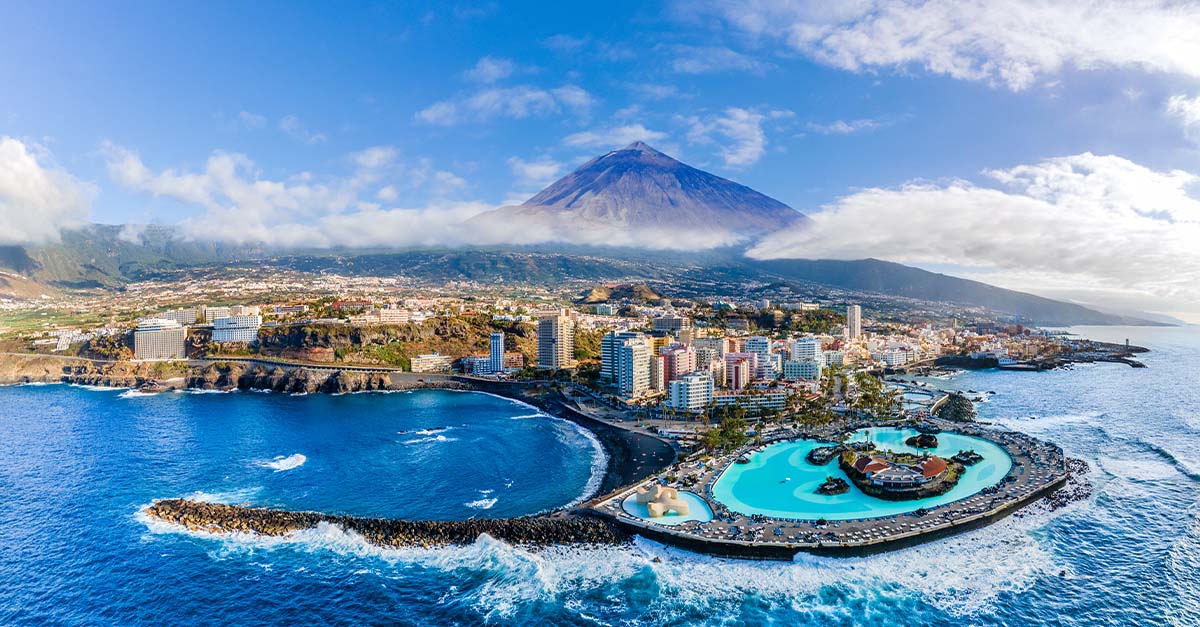Royal Caribbean Group extends investment in oceanic research project
Partnership with OceanScope helps scientists studying climate crisis

Royal Caribbean Group has announced a four-year extension of its investment in OceanScope, with provides scientists with information to study climate and ocean conservation.
The renewal of the partnership was announced on World Oceans Day (June 8) and builds on more than 20 years of ocean and marine life research from Royal Caribbean Group ships.
OceanScope uses oceanographic and meteorological instruments on Royal Caribbean Group ships to collect data about currents, sea surface temperature, carbon dioxide concentrations, and salinity taken along the repetitive ship routes.
This data allows scientists to monitor changes on scales of seasons, years and even decades.
Other partners are the University of Miami, the National Oceanic and Atmospheric Administration (NOAA), and the National Aeronautics and Space Administration (Nasa).
Jason Liberty, president and chief executive at Royal Caribbean Group, said: “We’re dedicated to sustaining our planet and delivering the best vacations, responsibly – and our decades-long support of this unique initiative is testament to that.”
OceanScope’s open-source database is available to the international scientific research community and the resulting data products and peer-reviewed research are key to informing ocean and conservation policy.
Dr Peter Ortner, research professor of marine biology and ecology at the University of Miami Rosenstiel School of Marine, Atmospheric and Earth Science, said: “This is an extraordinary example of how private industry, academic research institutions, and government agencies are collaborating to amass an incredibly valuable dataset highlighting the intricate connection between the ocean, atmosphere, and climate.”
Data has been collected from more than 100,000 nautical miles sailed by four ships, travelling across the Caribbean, Galapagos, north Atlantic and Mediterranean.
Royal Caribbean International’s Allure of the Seas and Adventure of the Seas and Celebrity Cruises’ Celebrity Flora (pictured) and Celebrity Equinox are currently providing data to scientists at NOAA, the University of Miami Rosenstiel School, and the wider scientific community.
Royal Caribbean Group intends to share the programme’s research with its eight million-plus guests annually in an effort to increase ocean literacy.

 MikeTyes
MikeTyes 
































